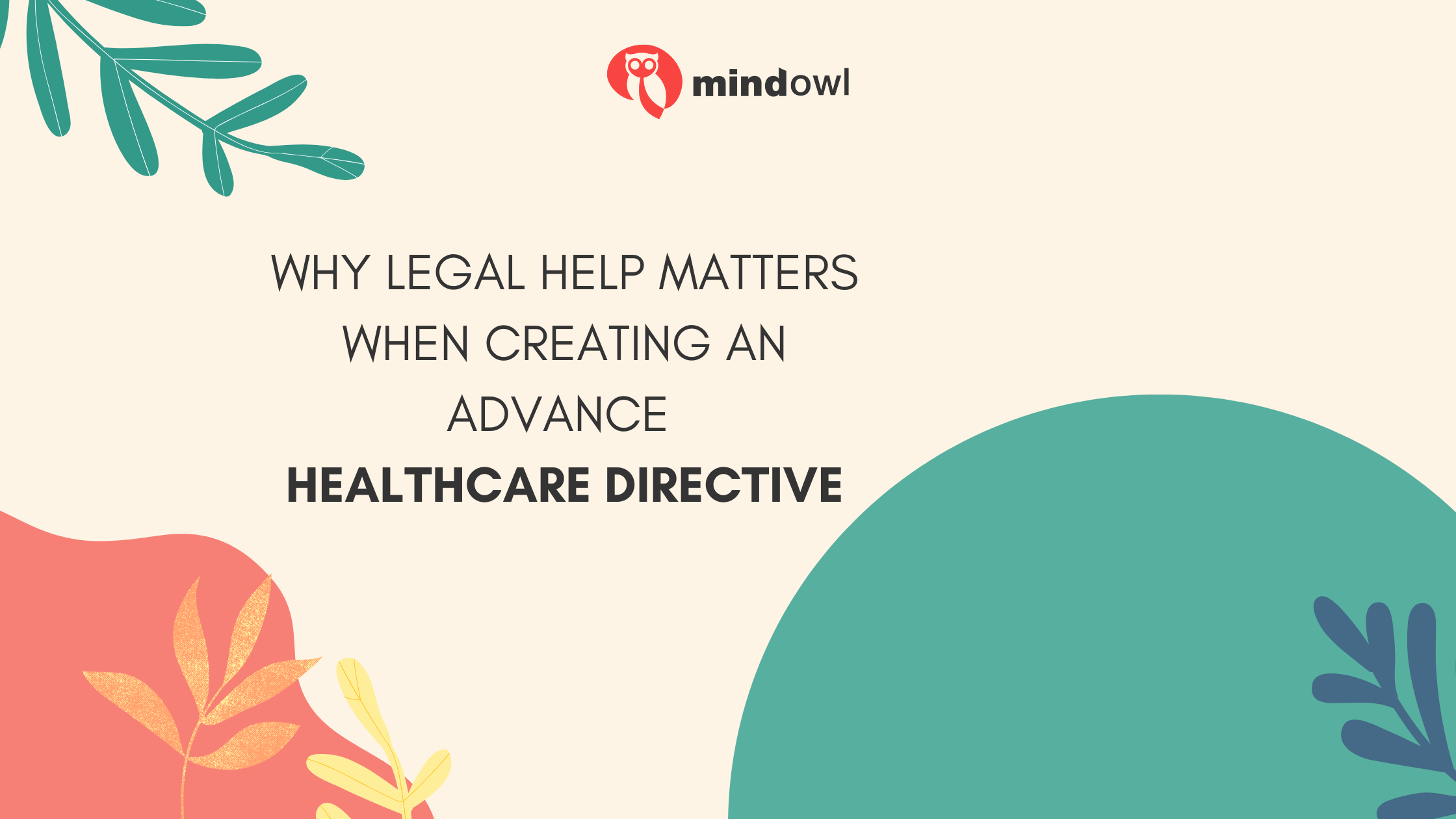An Advance Healthcare Directive (AHD) is a legal paper that directs doctors on what kind of medical care you want if you can’t make decisions for yourself because you’re sick or disabled. The National Library of Medicine estimates that about one-third of adults in the US have filled out some kind of advance directive.
Upland’s advance healthcare directive lawyer says that if you have a serious illness or injury that makes it hard for you to communicate, your loved ones may ask doctors if certain treatments should be given to you. These choices could include giving someone pain medicine, artificial food or water, or a breathing machine.
Having an AHD is vital for future planning and all US states recognize it, even if the rules and forms differ in every state. Getting advice from a lawyer ensures your directive is not only clear and complete but also obeys the law in your state.
Legal help can help you avoid misunderstandings and make sure that your wishes are followed when it matters most.
Understanding Advance Healthcare Directives
As mentioned, your AHD ensures your wishes are followed when you can’t communicate. It consists of legal documents whereby one is allowed to specify medical treatment they would desire to be given if they found themselves unable to speak for themselves.
An advance healthcare directive grants your trusted person some authority in potentially life-threatening situations. It lets you specify your choices for or against life-sustaining treatment and pain relief, as well as other options such as organ donation, to thereby make your intent clear.
Boston will attorney Matthew P. Albanese says part of effective estate planning is having a Medicaid plan that helps ensure that they get the care they require in a nursing home, long-term care facility or even at home.
Just like an AHD, a Medicaid plan ensures that the funds you set aside for health purposes are protected through tools such as trusts.
The Importance of State-Specific Legal Knowledge
Requirements for advance healthcare directives may vary among states, especially in format and witness needs.
Knowing what makes your directives good or bad can prevent problems from arising. For example, some states require a notarized advance healthcare directive, while others do not. If you fail to understand the differences, your directive could be invalid, and your healthcare wishes will be contemptuously disregarded.
It is necessary to seek legal counsel to know that you set up a directive that is valid under your state’s laws and that accurately represents your wishes. This includes ensuring your healthcare wishes will be respected when that time comes.
Handling Ethical Dilemmas in Healthcare Choices
There are instances in which a treatment option may violate your personal ethics or religious beliefs. Always weigh the benefits and risks for each option while considering the possible views of your beloved ones.
Open discussions with healthcare providers will help clarify their recommendations and your options.
Ensuring Clarity and Precision in Documentation
As mentioned, for the advance healthcare directive to be effective, specific care must be taken with clarity and precision in the documentation. Use plain language wherever appropriate to communicate your wishes; avoid terminology that could be confusing.
Make sure that the document articulates your wishes as to care, treatments, interventions, and end-of-life decisions. Include the names of individuals you wish to act on your behalf should you be unable to do so. Every statement and instruction is important, with vague statements often leading to confusion.
Specify your values and beliefs, as these will direct choices in your healthcare. After finishing, go through the directive several times to eliminate ambiguities.
Share it with your healthcare providers and close relatives, ensuring that they are all conversant with your intentions. Doing so ensures smooth, conflict-free communication when it truly matters.
The Benefits of Professional Guidance Throughout the Process
Engaging a lawyer in completing your AHD ensures that your desires are well communicated and legally binding. The lawyer can assist with any terminology and state-specific laws that can cause confusion, so you never end up missing anything important.
He or she may also point out conflicts or issues before they become real problems. The lawyer will assist in reviewing any alternatives to ensure the document is tailored to your values and preferences.
Having a document reviewed by an attorney also gives peace of mind concerning its validity and will, of course, be enforceable. In other words, the lawyer makes the process easier and gives you more control over your healthcare choices and decisions.
MindOwl Founder – My own struggles in life have led me to this path of understanding the human condition. I graduated with a bachelor’s degree in philosophy before completing a master’s degree in psychology at Regent’s University London. I then completed a postgraduate diploma in philosophical counselling before being trained in ACT (Acceptance and commitment therapy).
I’ve spent the last eight years studying the encounter of meditative practices with modern psychology.

